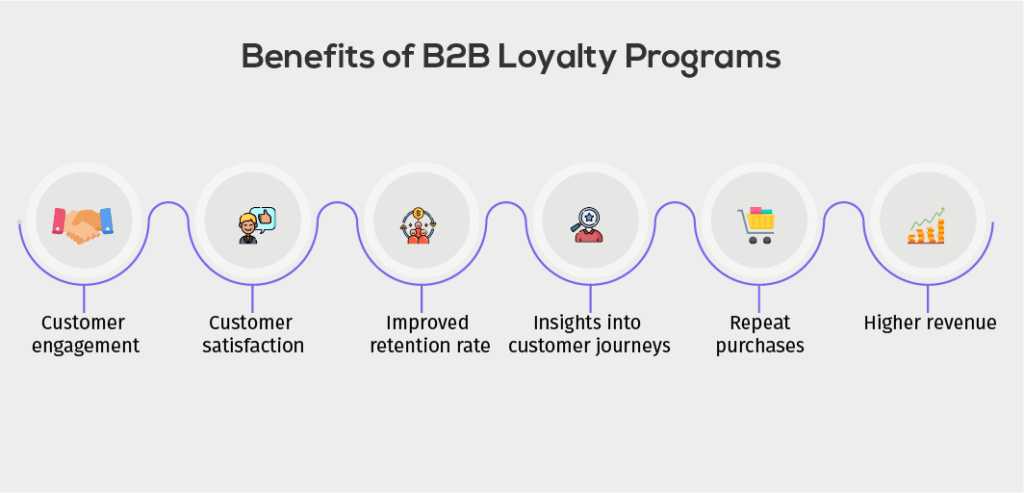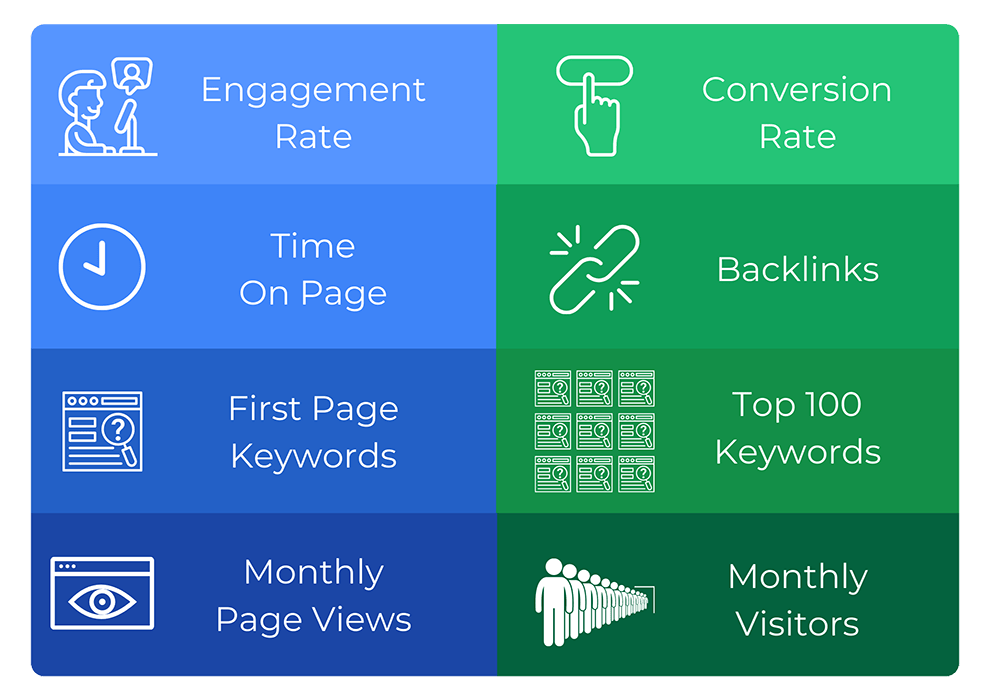Building Brand Loyalty Through Effective Customer Engagement
For B2B organizations, strong products or competitive pricing alone rarely guarantee lasting success. Buyers expect a reliable partner that understands their needs and helps them achieve business goals.
Building brand loyalty delivers repeat business, reduces acquisition costs, and acts as advocates who influence new opportunities. The foundation of brand loyalty lies in customer engagement. Every interaction contributes to how customers perceive the relationship. By focusing on consistent engagement throughout the buyer journey, companies can cultivate trust, strengthen relationships, and ensure long-term value for both parties.
This article explores strategies for building brand loyalty through effective customer engagement and how organizations can use these approaches to drive sustainable growth.
Quick Takeaways
- Building brand loyalty requires consistent, personalized customer engagement.
- Trust, transparency, and responsiveness strengthen long-term relationships.
- Technology like AI and CRM tools enables scalable, meaningful engagement.
- Loyal customers generate higher lifetime value and become brand advocates.
Why Brand Loyalty Matters in B2B
In B2B markets, a single customer relationship can span years and involve significant revenue. Unlike transactional consumer purchases, B2B buyers expect deep partnerships that align with their long-term objectives. Building brand loyalty ensures that these relationships remain strong and mutually beneficial.
Loyal customers reduce acquisition costs, since maintaining an existing partnership is far less expensive than securing new ones. They also provide predictability in revenue, helping organizations forecast more effectively. In many B2B companies, repeat business from existing customers accounts for the majority of revenue streams.

Beyond financial stability, loyal customers also serve as brand advocates. Their recommendations and testimonials carry weight within their industries, influencing decision-makers at other organizations. By investing in engagement strategies that foster loyalty, companies not only protect current revenue but also open doors to new opportunities.
Personalization as the Foundation of Engagement
Buyers increasingly expect interactions that reflect their unique challenges and goals. Generic communication undermines trust, while personalization demonstrates that a business understands its customer’s priorities.
Technology makes personalization scalable. CRM systems capture customer history, preferences, and interactions, enabling teams to tailor outreach. AI-driven tools further enhance personalization by analyzing patterns and suggesting relevant next steps. For example, sales teams can deliver targeted email campaigns that highlight industry-specific insights or share offers that align with a customer’s purchase history.
Personalization goes beyond marketing—it extends into sales conversations, customer support, and account management. By showing customers that their business is valued and understood, companies strengthen relationships and lay the groundwork for loyalty.
Creating Consistent, Multichannel Touchpoints
Engagement does not happen in one place. Customers interact across email, social platforms, virtual events, phone calls, and support portals. To build loyalty, organizations must ensure that every touchpoint feels consistent and aligned with the brand promise.
Timely responses and proactive communication reduce friction, while consistent messaging across channels prevents mixed signals. Multichannel engagement also ensures that customers can connect with a business in the way that feels most natural to them. The best strategies balance digital automation with human interaction, creating experiences that are both efficient and authentic.
Building Trust Through Transparency and Responsiveness
Trust is one of the most powerful drivers of loyalty. Customers want to feel confident that a partner will deliver on promises and act transparently when challenges arise. Clear communication about pricing, project timelines, or service changes demonstrates honesty and accountability.
Responsiveness is equally important. When issues surface, customers expect swift action and regular updates. Organizations that proactively share progress or acknowledge challenges build stronger credibility. This responsiveness shows customers that they are valued partners rather than transactional accounts, deepening long-term loyalty.
Empowering Customers with Value-Added Content
Another way to engage customers is by providing value beyond products or services. Content plays a vital role in this process. Companies that share industry research, thought leadership, or practical resources position themselves as trusted advisors. Webinars, guides, and benchmarks help customers make better decisions and achieve business outcomes.
When customers consistently gain useful insights from a partner, they are more likely to view the relationship as indispensable. This value-added engagement transforms the company from a vendor into a strategic ally, reinforcing brand loyalty.
Leveraging Technology to Scale Engagement
Technology enables businesses to scale engagement without losing its personal touch. CRM systems centralize customer data, giving sales and service teams a comprehensive view of interactions. AI-driven tools analyze this data to predict customer needs, identify risks, and recommend next steps. Automated workflows ensure that no follow-up or touchpoint is missed, even as account volumes grow.
By combining automation with data-driven insights, companies can engage customers with precision and efficiency, ensuring that every interaction is timely and relevant.
Measuring Engagement to Strengthen Loyalty
To understand whether engagement strategies are working, companies must track performance. Key metrics include Net Promoter Score (NPS), Customer Satisfaction (CSAT), retention rate, and customer lifetime value. Monitoring engagement across multiple channels helps refine strategy and identify gaps.

Establishing feedback loops allows organizations to continuously improve their approach, ensuring that engagement translates into loyalty. Strong measurement practices demonstrate the direct connection between customer engagement and long-term business results.
Strengthen Customer Engagement Today with Televerde
Building brand loyalty depends on meaningful and consistent engagement. From personalization and trust-building to multichannel touchpoints and technology-driven support, every interaction influences customer perception. Organizations that invest in engagement not only retain more customers but also generate higher lifetime value and advocacy within their industries.
Televerde helps businesses implement engagement strategies that drive loyalty and growth. With expertise in customer engagement and technology-enabled solutions, Televerde ensures organizations can strengthen relationships, foster trust, and achieve lasting results.Ready to create a lead generation system that scales with your business? Televerde’s demand generation solutions use strategy, data, and expert support to help you engage and convert the right buyers. Contact us to learn more.


